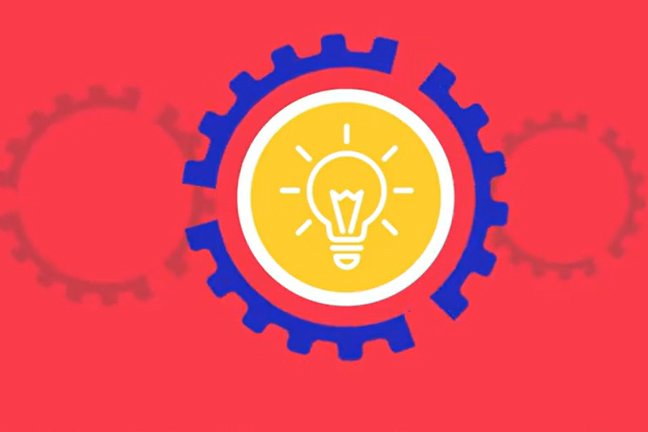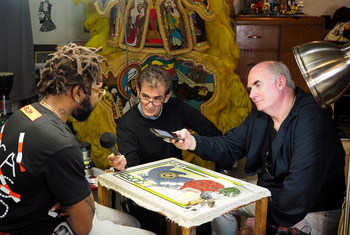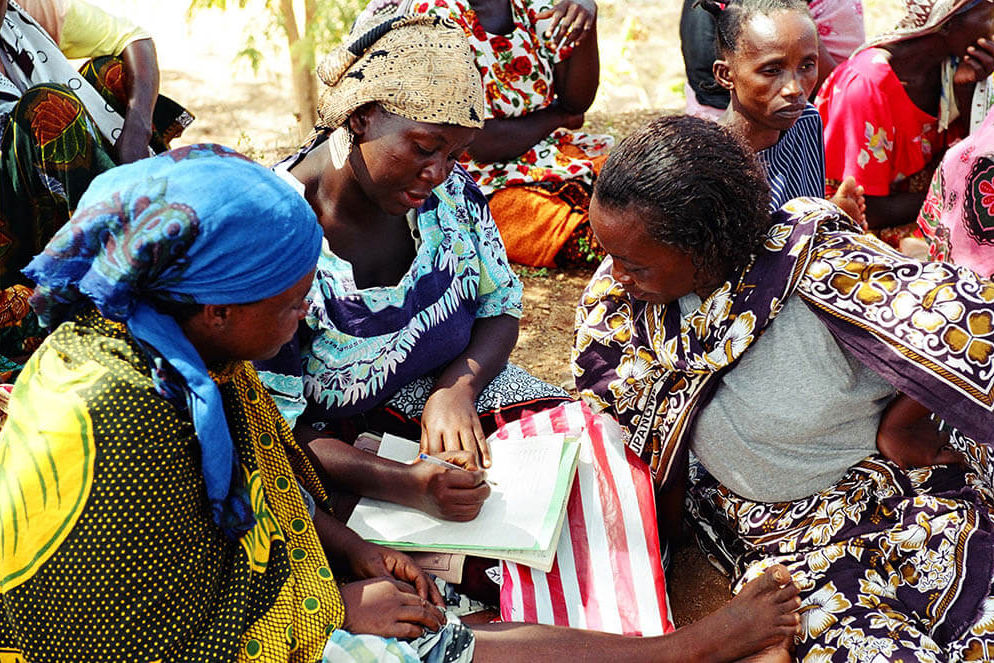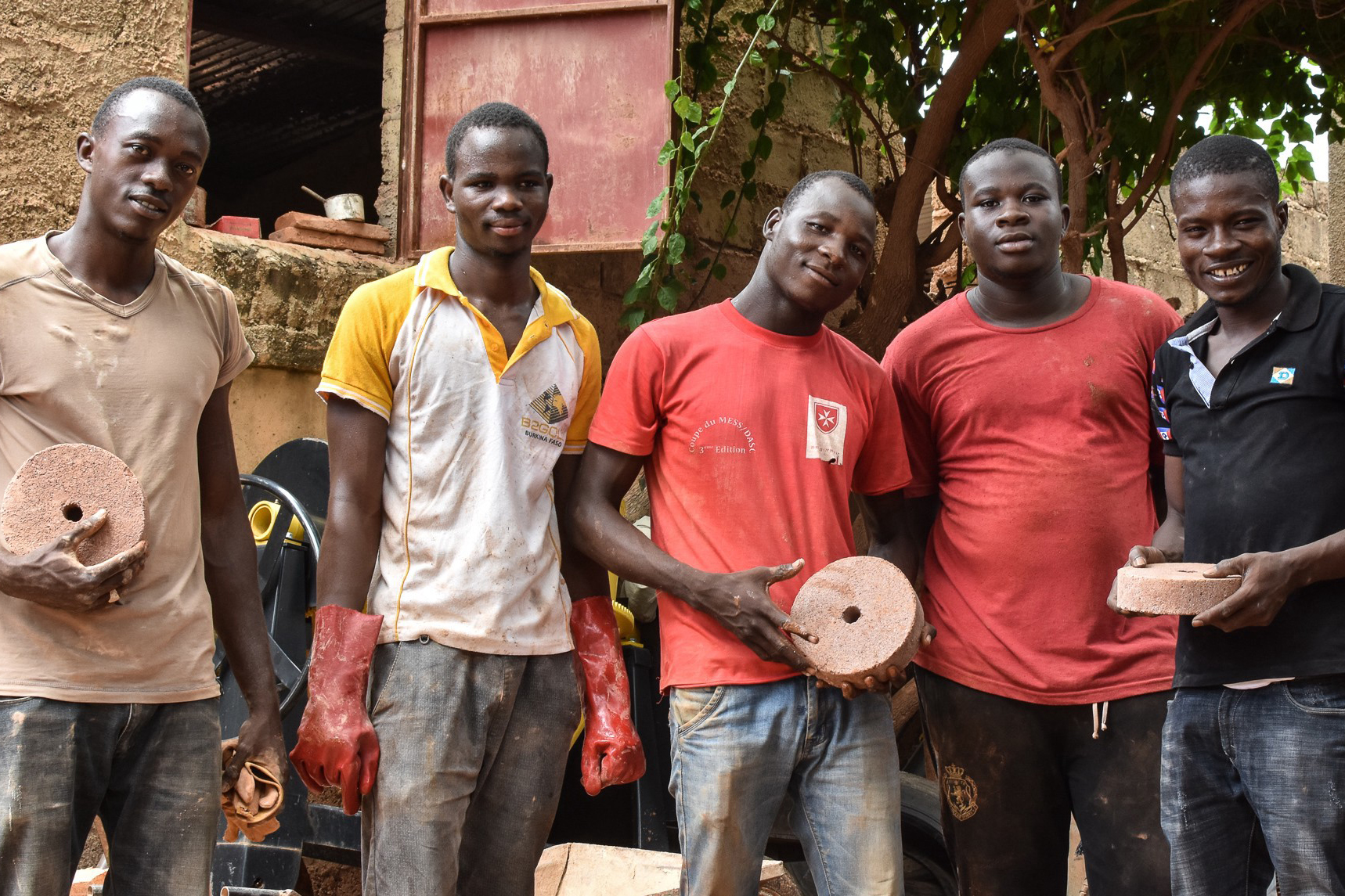The COVID-19 crisis is expected to wipe out 6.7 per cent of working hours globally in the second quarter of 2020 – equivalent to 195 million full-time workers. Huge losses are expected across different income groups especially in upper-middle income countries (7 per cent, 100 million full-time workers). This far exceeds the effects of the 2008-9 financial crisis. The sectors most at risk include accommodation and food services, manufacturing, retail, and business and administrative activities.
Employment
The world of work is being profoundly affected by the global virus pandemic. In addition to the threat to public health, the economic and social disruption threatens the long-term livelihoods and wellbeing of millions.
A new assessment by the International Labour Organization (ILO) shows the COVID-19 pandemic could increase global unemployment by around 25 million.
It is not long since Abolghasem, a 36-year old resident of Se-Qale Town in the eastern province of South Khorasan, used to mine black stones for the cobbled streets that adorn cities. He still works with stones – but of the multi-coloured kind that adorn people. Encouraged by his wife, Fatemeh, he took a course on gemstone work held by the FAO. The spouses acquired all the skills and purchased all the equipment needed to start their gemstone business with a loan also supported by the project.
The lack of decent work opportunities exacerbates inequalities among societies. Not only are growing inequalities preventing people from achieving their full potential, they are also putting a burden on economies. The only way we are going to achieve social justice, tackle inequality, reduce poverty and address climate change, is if we put people and planet first, says the International Labour Organization (ILO). On Social Justice Day 2020, under the theme “Closing the Inequalities Gap to Achieve Social Justice,” the ILO is asking you to tell policy makers around the world, why is important to you, using the hashtag #MyFutureOurPlanet.
Necessity led Fatemeh to discover her potential for business. FAO encourages women in rural communities to take a leading role in starting and running community businesses.
The ILO is calling on individuals and organizations to share innovative ideas and solutions to address the skills mismatch challenge. The ILO Skills Challenge Innovation Call will recognise and support the development of solutions that aim to address the different forms and dimensions of skills mismatch. Submission deadline for ideas: 13 April 2020 (midnight, Geneva time).
ILOSTAT data show that progress is needed in many areas and in every region to achieve gender equality in the labour market. While most of us are aware that women are often paid less than men in the same occupation, ILOSTAT data show where the gaps are largest. The median gender wage gap for 115 countries with available data is 14% in favor of men. And male-dominated occupations have even higher wage premiums for men.
The World Employment and Social Outlook is the International Labour Organization’s flagship report on world of work issues, focusing on a different theme each year. The 2020 edition will be launched in Geneva on Monday, 20 January. The report analyses key labour market issues, including unemployment, under-employment, labour underutilization, working poverty, pay inequality, and factors that exclude people from the world of work. It includes some new projections, as well as revised estimates of the share of labour income going to the world’s workforce.
Decent Jobs for Youth is the global initiative to scale up action and impact on youth employment in support of the 2030 Agenda for Sustainable Development. This platform is a hub for catalyzing partnerships, collaboration and coordinated action grounded in evidence-based strategies. ILO and its partners' vision is a world in which young women and men everywhere have greater access to decent jobs.
“Passion and story-telling” are two of the key ingredients to become a wine expert according to Michelle Gueydan, a certified sommelier based in New Orleans in the United States.
The world of work is undergoing a profound transformation. Globalization and technological change are creating new paths to prosperity but are also disrupting existing work arrangements. Digital and technological advances – including information and communication technologies – create new opportunities for workers and enterprises. But that’s just the tip of the iceberg. The ILO has identified some key sectors that are likely to generate the jobs of the future. The evolution of the world of work will require new skill sets and an emphasis on lifelong learning.
Marlee Matin, a long-time advocate on disability inclusion, calls for a concerted effort to tackle discrimination towards people with disabilities at workplaces. She says it is on us to make our world of work truly progressive, inclusive and inspiring.
Encouraging young people to become entrepreneurs poses a real challenge, one that Burkina Faso has decided to tackle through several UNDP-supported initiatives.













